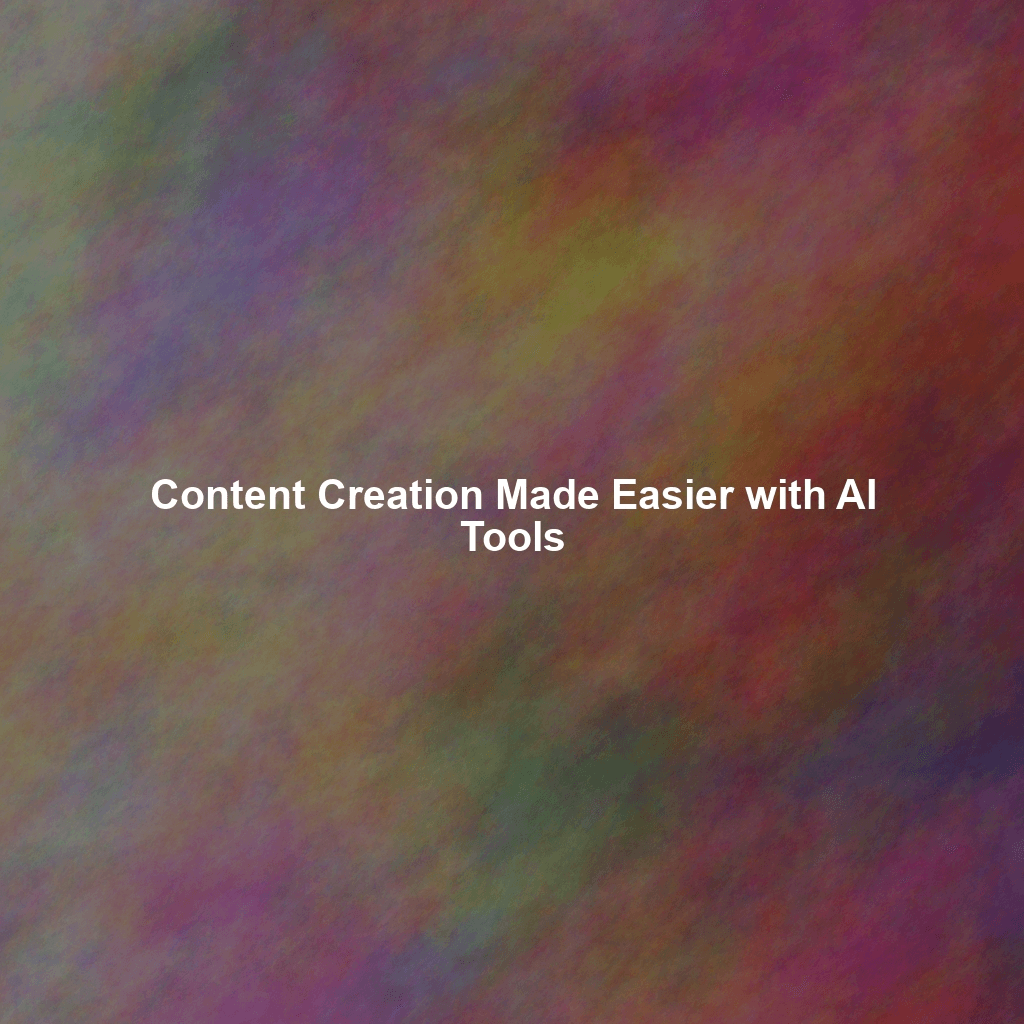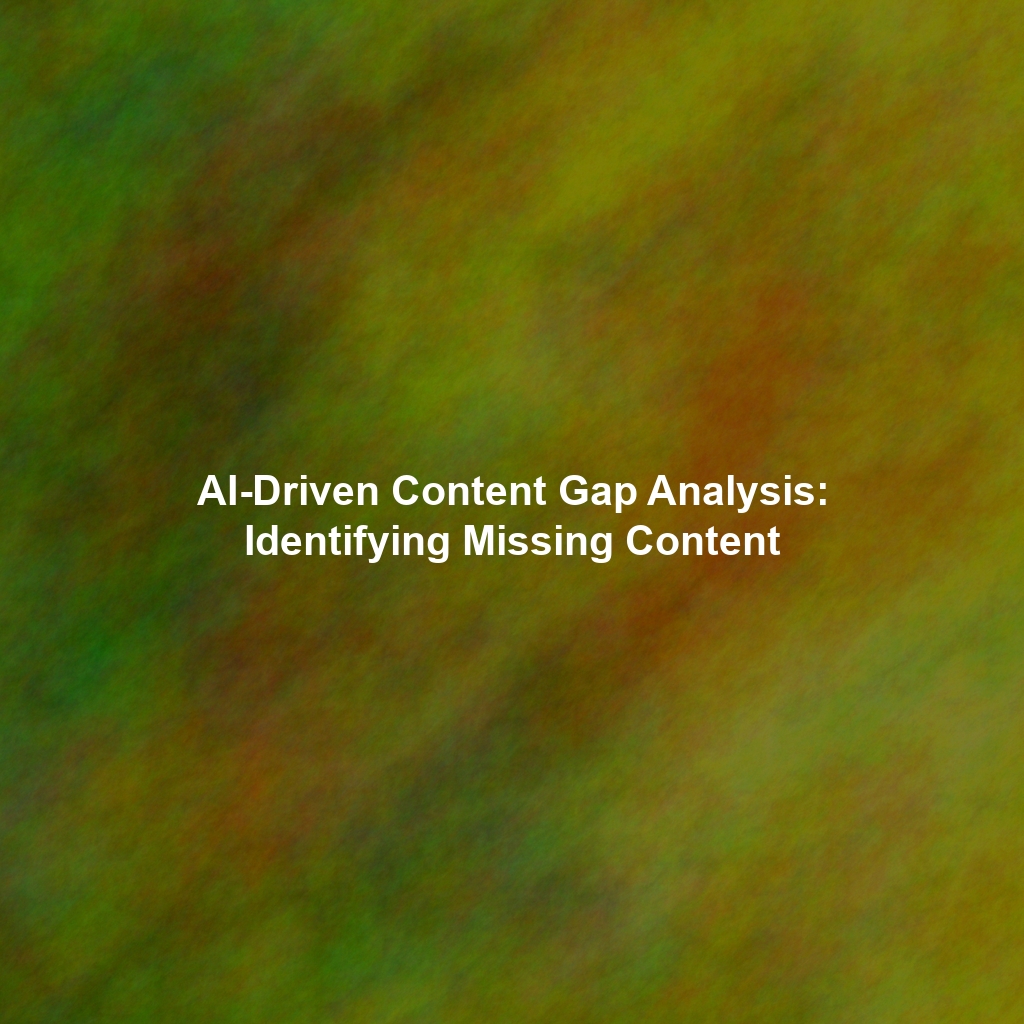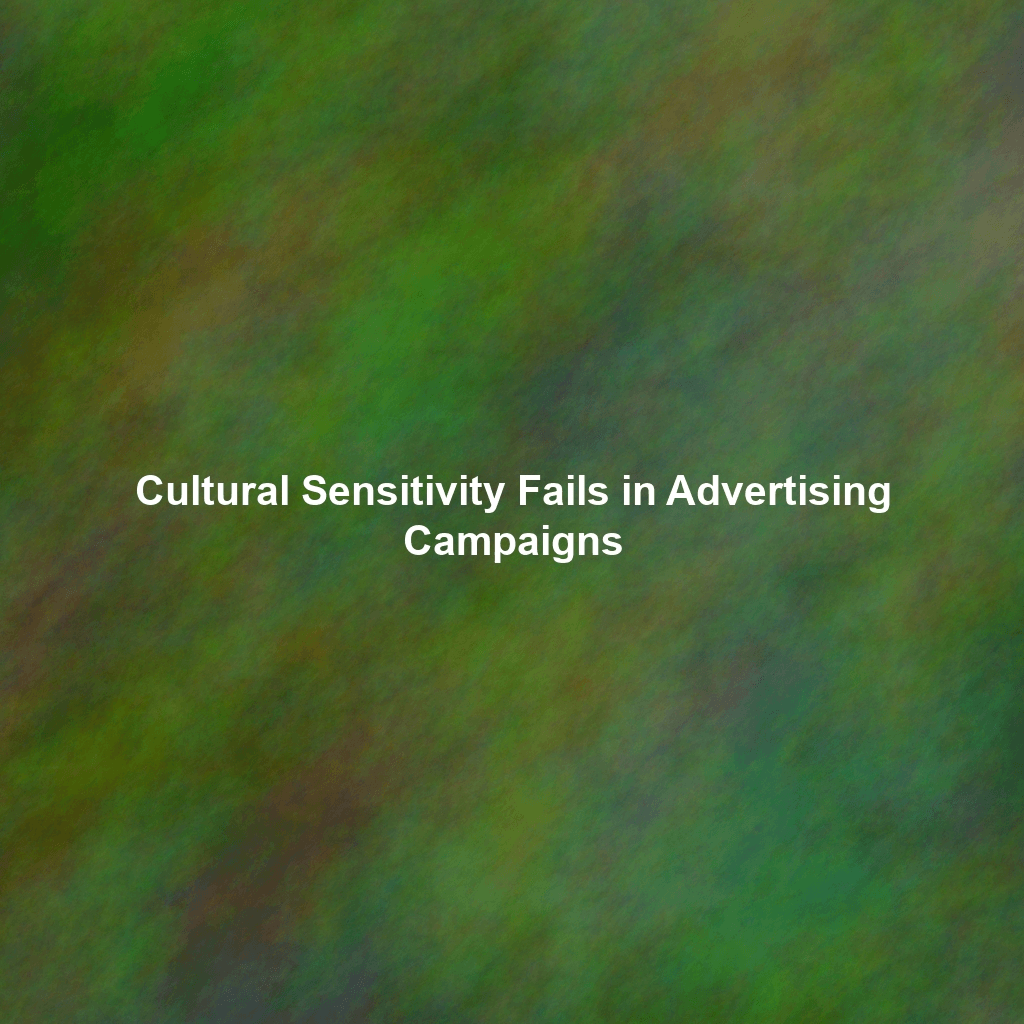Introduction: The AI Revolution in Content Creation
Understanding the Power of AI in Content Marketing
Before diving into the specific tools, it’s crucial to grasp the fundamental ways AI is benefiting content marketing. AI isn’t just about replacing human writers; it’s about augmenting their abilities and unlocking new possibilities.
Key Benefits of AI Content Creation:
- Increased Efficiency: AI tools can automate repetitive tasks like keyword research, topic ideation, and proofreading, freeing up valuable time for writers to focus on strategic thinking and creative writing.
- Enhanced Content Quality: AI can analyze vast amounts of data to identify trending topics, optimize content for search engines, and ensure readability.
- Data-Driven Insights: AI provides valuable insights into audience behavior, content performance, and competitor strategies, allowing you to make informed decisions about your content strategy.
- Personalization at Scale: AI enables you to personalize content for different audience segments, increasing engagement and conversion rates.
- Improved SEO Performance: AI can help you optimize your content for relevant keywords, improve website ranking, and drive organic traffic.
Exploring AI Writing Tools: From Assistants to Generators
One of the most impactful applications of AI in content creation is the development of AI writing tools. These tools range from AI writing assistants that help improve grammar and style to AI content generators that can create entire articles from scratch.
Types of AI Writing Tools:
- AI Grammar and Style Checkers: These tools, like Grammarly and ProWritingAid, use AI to identify grammatical errors, typos, and style inconsistencies, ensuring your writing is polished and professional.
- AI Paraphrasing Tools: These tools help you rephrase existing content in a new way, avoiding plagiarism and improving readability. Examples include QuillBot and Jasper.
- AI Content Generators: These tools can generate original content based on a specific topic, keyword, or target audience. While they can’t completely replace human writers, they can be a valuable starting point for creating blog posts, articles, and website copy. Jasper and Copy.ai are examples of popular AI content generators.
- AI Headline Generators: These tools help you create attention-grabbing headlines that drive clicks and engagement. They analyze your content and generate multiple headline options based on proven marketing principles.
Using AI Writing Tools Effectively:
While AI writing tools can be incredibly helpful, it’s important to use them strategically. Here are some tips for maximizing their effectiveness:
- Don’t rely solely on AI: AI-generated content should be reviewed and edited by a human writer to ensure accuracy, originality, and tone.
- Provide clear instructions: The more specific you are with your instructions, the better the AI will understand your needs and generate relevant content.
- Experiment with different tools: Different AI writing tools have different strengths and weaknesses. Experiment with various tools to find the ones that best fit your specific needs.
- Focus on quality over quantity: Don’t sacrifice quality for the sake of speed. Prioritize creating high-quality, engaging content that provides value to your audience.
AI for Content Optimization: Boosting Performance and Reach
Beyond content creation, AI plays a vital role in optimizing existing content for search engines and user engagement. AI-powered content optimization tools can analyze your content and provide recommendations for improving its performance.
AI-Powered Content Optimization Strategies:
- Keyword Research and Analysis: AI can identify the most relevant keywords for your content, helping you improve your search engine rankings. Tools like Semrush and Ahrefs use AI to analyze keyword trends and competitor data.
- SEO Audit: AI can scan your website for technical SEO issues, such as broken links, slow loading speeds, and missing meta descriptions. This helps you identify areas where you can improve your website’s search engine visibility.
- Content Readability Analysis: AI can assess the readability of your content and provide suggestions for improving its clarity and conciseness. Tools like the Flesch-Kincaid readability test and the Hemingway Editor use AI to analyze sentence structure and word choice.
- Topic Clustering: AI can help you identify related topics and keywords, allowing you to create comprehensive content clusters that cover a specific subject in depth.
- Competitive Analysis: AI can analyze your competitors’ content strategies, identifying their strengths and weaknesses and providing insights into how you can improve your own content.
AI-Driven Content Personalization: Tailoring Experiences for Each User
One of the most exciting applications of AI in content marketing is personalization. AI allows you to tailor content to individual users based on their interests, behaviors, and demographics. This can significantly improve engagement, conversion rates, and customer loyalty.
How AI Enables Content Personalization:
- Data Collection and Analysis: AI can collect and analyze data from various sources, such as website analytics, CRM systems, and social media, to understand user preferences and behaviors.
- Segmentation: AI can segment your audience into different groups based on their characteristics and interests.
- Personalized Content Recommendations: AI can recommend relevant content to individual users based on their browsing history, purchase history, and other factors.
- Dynamic Content Delivery: AI can dynamically adjust the content displayed on your website based on the user’s location, device, and other factors.
- Personalized Email Marketing: AI can personalize email subject lines, content, and offers based on individual user preferences.
Challenges and Considerations When Using AI in Content Creation
While AI offers numerous benefits for content creation, it’s important to be aware of the challenges and considerations involved:
- Ethical Concerns: AI-generated content can raise ethical concerns, such as plagiarism and the potential for spreading misinformation. It’s crucial to use AI responsibly and ensure that your content is accurate and original.
- Bias in Algorithms: AI algorithms can be biased, leading to skewed or unfair results. It’s important to be aware of potential biases and take steps to mitigate them.
- Over-Reliance on AI: While AI can automate many tasks, it’s important not to become too reliant on it. Human creativity and critical thinking are still essential for creating engaging and impactful content.
- Maintaining Authenticity: Overusing AI can result in content that feels generic and lacks a unique voice. Strive to maintain a human touch in your content to build trust and connect with your audience.
- Cost Considerations: Some AI tools can be expensive, especially for small businesses with limited budgets. Carefully evaluate the cost-effectiveness of different AI tools before investing in them.
The Future of AI in Content Marketing
The future of AI in content marketing is bright. As AI technology continues to evolve, we can expect to see even more sophisticated and powerful AI tools emerge. These tools will likely be able to generate even more original and engaging content, personalize content experiences at an unprecedented scale, and provide even deeper insights into audience behavior.
Some potential future developments include:
- AI-Powered Video Creation: AI could be used to automatically generate videos from text or images, making video content creation more accessible to everyone.
- AI-Driven Voice Content: AI could be used to create engaging audio content, such as podcasts and audiobooks, with realistic and natural-sounding voices.
- AI-Enabled Interactive Content: AI could be used to create interactive content experiences that adapt to user behavior in real-time.
Conclusion: Embracing AI to Elevate Your Content Strategy
AI is revolutionizing the content creation process, offering a wealth of opportunities to improve efficiency, enhance content quality, and personalize user experiences. By embracing AI tools and strategies, businesses can unlock new levels of content marketing success. However, it’s crucial to use AI responsibly, ethically, and strategically, remembering that human creativity and critical thinking remain essential for creating truly impactful content. As AI continues to evolve, it will undoubtedly play an even more significant role in shaping the future of content marketing.
 Skip to content
Skip to content

